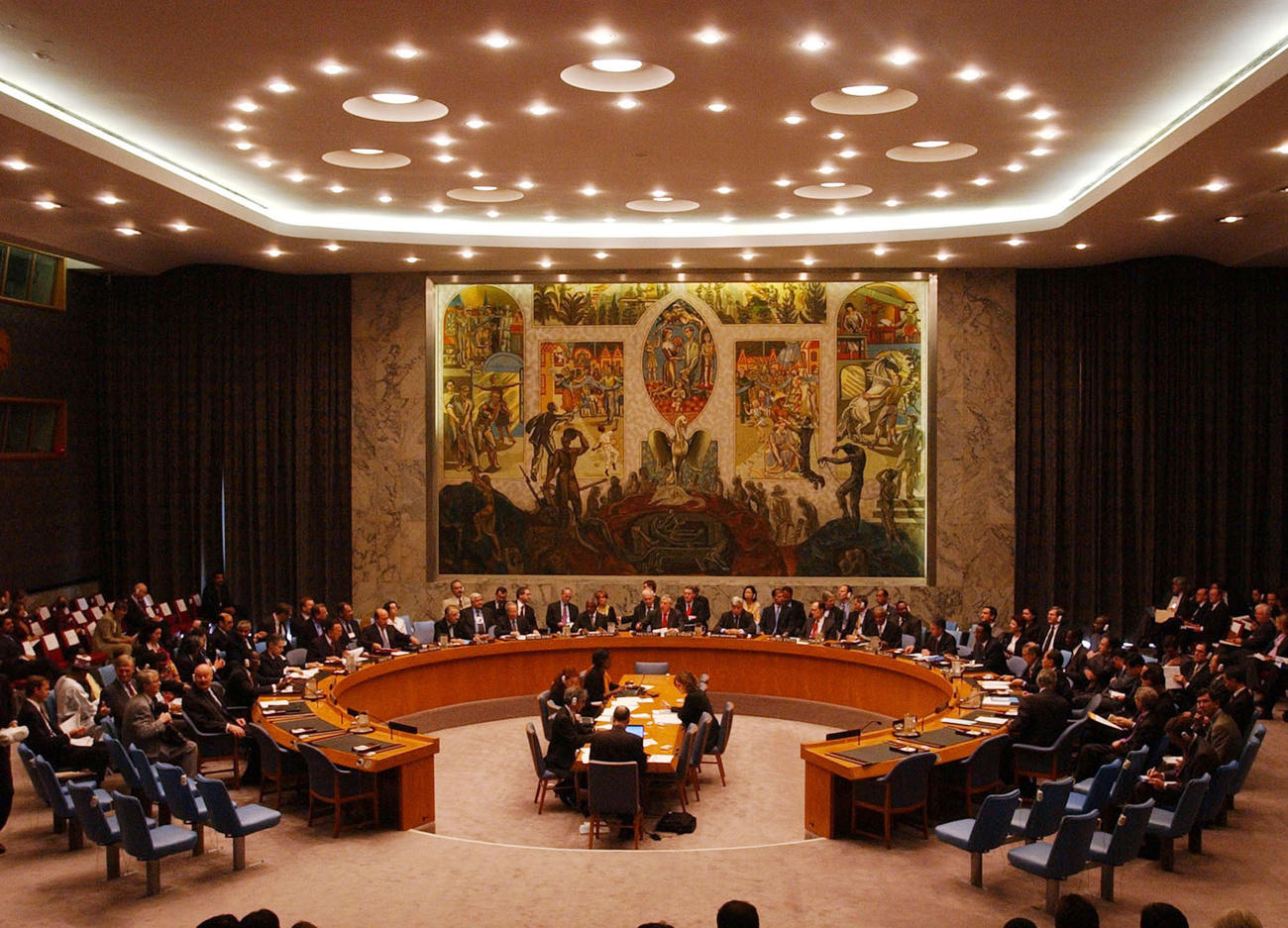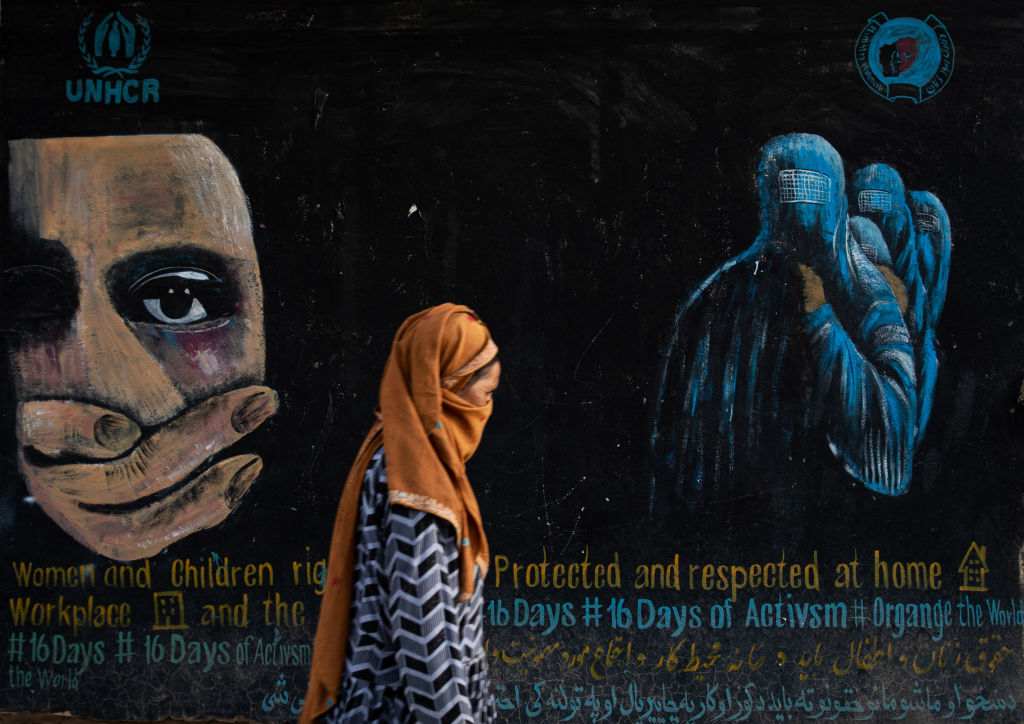
What will happen to Switzerland’s bid for the UN Security Council?

Since 2011, Switzerland has been diplomatically promoting its candidacy for a non-permanent seat on the UN Security Council. So far, there hasn’t been much domestic political resistance, but this could be changing as more parliamentarians oppose the idea.
Bern decided in 2011 to register Switzerland on the list of candidates for a seat on the United Nations Security Council in 2023-2024. It wants to hold one of the two non-permanent seats that Western Europe is entitled to for two years. The election in the UN General Assembly is to take place in 2022, and so far, Malta is the only competitor.
Will small, neutral Switzerland gain a place at the top table of world politics? The right-wing People’s Party has argued against the idea from the start, saying that as a neutral state, Switzerland should not be deciding on matters of war and peace.
Already in 2013, the conservative group tried to fight the project by calling for a parliamentary vote on the issue, but it failed to get a majority behind its proposal.

More
A successful model of neutrality
Turning of the tide?
In the summer of 2018, however, the People’s Party suddenly found support. Swiss media reported increasing criticism of the plans from the ranks of the centrist parties: a majority of the Radical-Liberal Party is opposed, while the Christian Democrats are divided.
In a guest article in the right-wing conservative weekly WeltwocheExternal link at the beginning of the year, Christian Democrat president Gerhard Pfister said that the world now looked different from when the government first decided on the Swiss candidacy for a Security Council seat.
“Since then the US, Russia and China have increasingly ignored international bodies and agreements and are returning to the power politics that European states pursued before the First World War,” he wrote. “The Security Council thus becomes the stage for a new wave of superpower politics” where Switzerland would not fit. All a Swiss seat would do, he argues, is put its neutrality at risk.
Paul Widmer is a former ambassador and lecturer on international relations at the University of St Gallen. He also believes that parliament should advise the government to withdraw its candidacy. Switzerland should be content with “serving the community of states with its neutrality”, which is what it’s good at, he wrote in the NZZ am SonntagExternal link.
New motion
The proponents of the candidacy see no contradiction with the policy of neutrality. In a 2015 reportExternal link requested by parliament, the government states that a Swiss seat on the Security Council would be “fully compatible with the principles of neutrality and with Switzerland’s neutrality policy”.
“Thanks to its image as an independent country which is committed to humanitarian values and peace, Switzerland is well-placed to forge alliances and thus to act effectively on the Security Council,” says the foreign ministryExternal link.
Frank Grütter, head of the ministry’s United Nations and International Organisations Division, told Swiss television SRF that peace and security are high priorities for Switzerland and that with one seat on the Council it could help shape decisions.
But now the People’s Party has introduced a new motion, scheduled to be discussed in parliament on Thursday, calling on the government to waive Switzerland’s candidacy “definitively”. If and when this comes to a vote, the decision may not be clear-cut – and the scales could even tip against the government.
Translated from German

In compliance with the JTI standards
More: SWI swissinfo.ch certified by the Journalism Trust Initiative















![The four-metre-long painting "Sonntag der Bergbauern" [Sunday of the Mountain Farmers, 1923-24/26] had to be removed by a crane from the German Chancellery in Berlin for the exhibition in Bern.](https://www.swissinfo.ch/content/wp-content/uploads/sites/13/2025/12/01_Pressebild_KirchnerxKirchner.jpg?ver=a45b19f3)














You can find an overview of ongoing debates with our journalists here . Please join us!
If you want to start a conversation about a topic raised in this article or want to report factual errors, email us at english@swissinfo.ch.